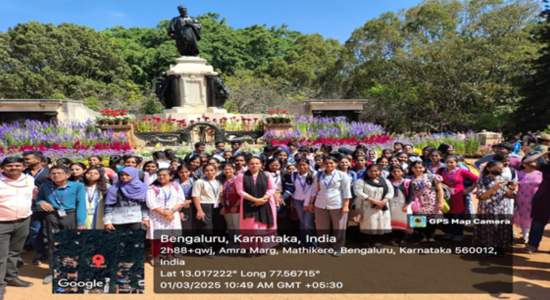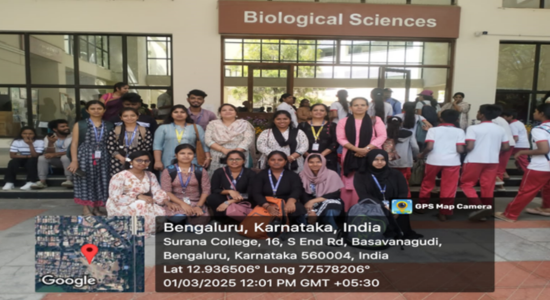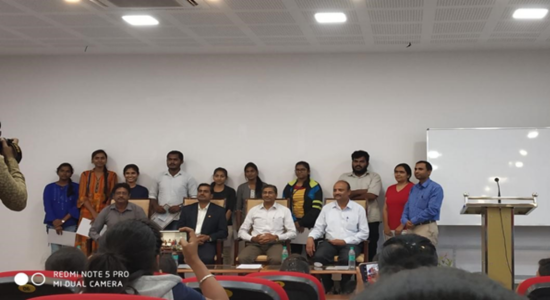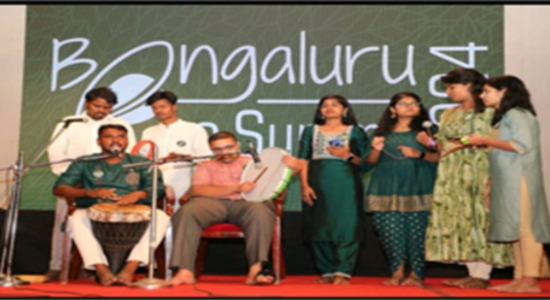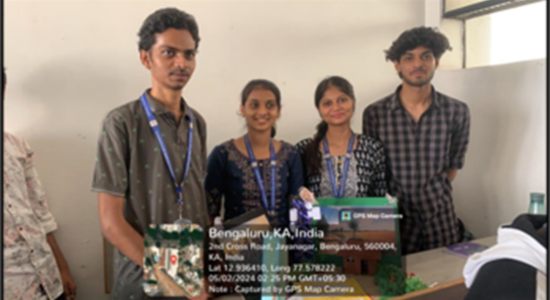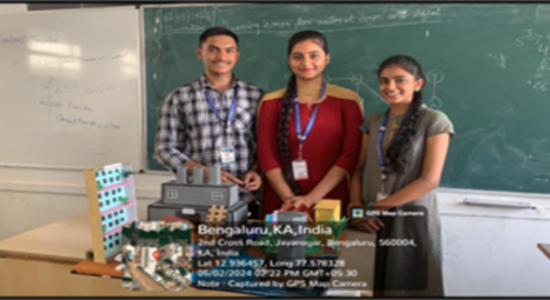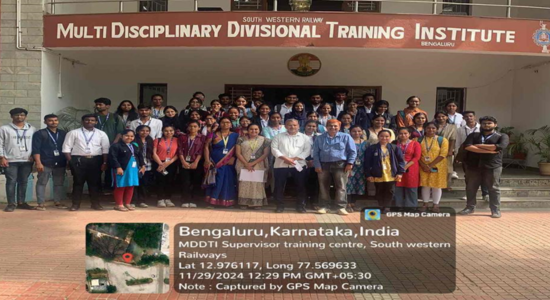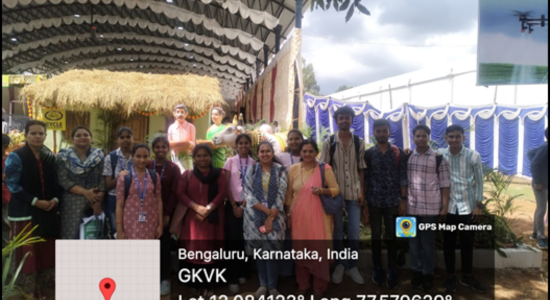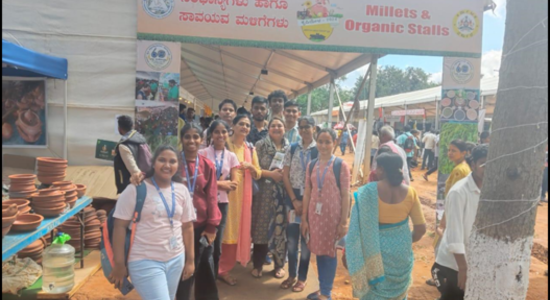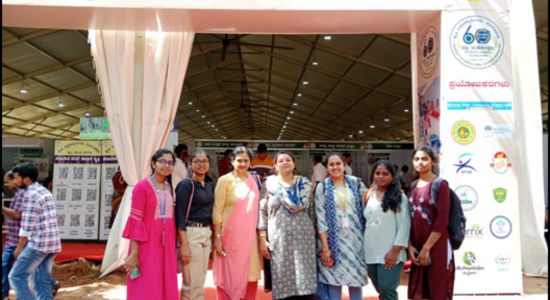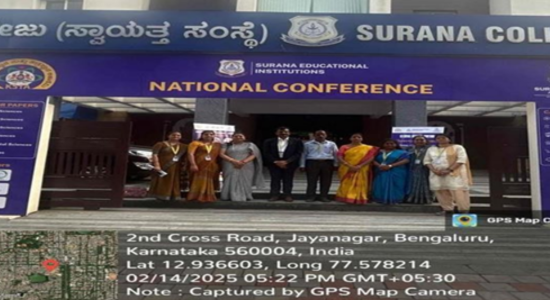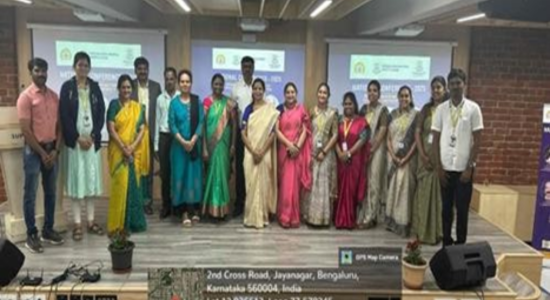PROGRAM OVERVIEW
The Bachelor of Science (BSc) program at Surana College, Autonomous, is a three-year undergraduate degree designed to provide a robust foundation in the sciences, combining both theoretical and practical knowledge. This program prepares students for diverse careers in science, research, and industry, emphasizing interdisciplinary learning, hands-on experience, and innovative research. With state-of-the-art laboratories, ICT-enabled classrooms, and distinguished faculty, the BSc program fosters scientific curiosity and equips students to excel in academic, professional, and entrepreneurial pursuits.
Why Choose BSc Program?
BSc in Science with different combinations like Biotechnology, Chemistry, Botany, Physics, Mathematics, and Computer science provided students with a rich tradition of imparting high-quality teaching and conducting innovative research in all Discipline course subjects, value-added courses, ICT-enabled classrooms, Research Projects, student research fellowship, Immersion programs, Research-driven teaching, Skill development training, Internship, Competitive exam training to students.
Students can work with faculty members as mentors to publish papers in journals, present papers at national and international conferences, and co-author book chapters. Surana College BSc Faculties are dedicated and experienced, with extensive knowledge and domain expertise in academics and research. They motivate and assist all BSc students in their overall academic development and career advancement
BSc alumni work in a variety of industries including Microlabs Pvt Ltd, Stabicon, Wipro, Accenture, Infosys, Deloitte, Star Health, IQVIA, New Star, Anthem Biosciences, and TATA Consultancy Services. NCBS, Capgemini, TCS, HP, and numerous students are pursuing higher education in various fields
Key Features
 Diverse Course Combinations: Specializations in Biotechnology, Chemistry, Botany, Physics, Mathematics, and Computer Science.
Diverse Course Combinations: Specializations in Biotechnology, Chemistry, Botany, Physics, Mathematics, and Computer Science. Cutting-Edge Infrastructure: Fully equipped laboratories, advanced instrumentation, and ICT-enabled classrooms.
Cutting-Edge Infrastructure: Fully equipped laboratories, advanced instrumentation, and ICT-enabled classrooms. Research Opportunities: Faculty-guided research projects, student fellowships, and opportunities to publish in reputed journals.
Research Opportunities: Faculty-guided research projects, student fellowships, and opportunities to publish in reputed journals. Skill Development: Value-added courses, skill-based training, and competitive exam preparation.
Skill Development: Value-added courses, skill-based training, and competitive exam preparation. Real-World Exposure:Internships, immersion programs, and participation in technical and non-technical events.
Real-World Exposure:Internships, immersion programs, and participation in technical and non-technical events. Expert Faculty: Dedicated mentors with extensive academic and industry experience.
Expert Faculty: Dedicated mentors with extensive academic and industry experience.
Eligibility
All Aspirant candidates must have completed Class XII or PUC- PCMB/PCMCs from a recognized board for the admission in the college for the academic year 2025-2026.
Combinations Available
1. BSc- CBBT (Chemistry, Botany, Biotechnology)
This combination is tailored for students passionate about exploring the natural sciences and their applications in the modern world. The Chemistry component provides a strong foundation in chemical principles and techniques, while Botany delves into the fascinating study of plants and their ecosystems. Biotechnology adds a cutting-edge dimension by focusing on the manipulation of biological systems for innovative applications in medicine, agriculture, and environmental conservation. Together, these disciplines equip students with the skills to pursue diverse careers in research, pharmaceuticals, agriculture, environmental science, and biotechnology industries.
2. BSc-PMCs (Physics, Mathematics, Computer Science)
This combination is designed for students with a keen interest in analytical thinking, problem-solving, and technology-driven solutions. Physics lays the groundwork for understanding the fundamental laws of nature, Mathematics develops critical reasoning and quantitative skills, and Computer Science introduces programming and computational techniques essential in today's digital world. The interdisciplinary nature of this program prepares students for dynamic careers in data science, software development, engineering, research, and other technology-oriented fields, making it ideal for future innovators and technologists.
VISION
“To be the Department of Excellence by contributing for achieving proficiencyin the field of Management by developing future professionals andentrepreneurs through continuous competency building”.
MISSION
“The Management Department will transform lives and serve society bycreating knowledge base, educating and executing knowledge to work withhonesty and excellence”.
VISION
“To be the Department of Excellence by contributing for achieving proficiency in the field of Management by developing future professionals and entrepreneurs through continuous competency building.”
MISSION
“The Management Department will transform lives and serve society by creating knowledge base, educating and executing knowledge to work with honesty and excellence.”
Program Outcomes
- PO 1:Explain the principal theories and concepts in core disciplines of study.
- PO 2: Decipher real time problems to offer feasible solutions
- PO 3: Apply critical thinking, analytical skills and domain specific knowledge for data driven decisions
- PO 4: Exhibit leadership qualities and effectively collaborate with diverse teams to achieve the set outcomes
- PO 5: Communicate proficiently in both oral and written format for professional and personal needs.
- PO 6: Design and participate in activities to promote ethical practices and social sensitivity.
- PO 7: Demonstrate the ability to integrate knowledge from multiple scientific disciplines
- PO 8: Apply creativity, Innovation, research skills to address societal Challenges
All Certificate Courses: 30hrs
Department of Biotechnology
Biotechnology is an exciting science and technology field of Research and Innovation for human wellbeing. Vital skills of Biotechnological research have contributed to the society.
Students have the industry and academic linkage from this course
- 1.Artificial Intelligence in Healthcare (Collaborated with IIT Hyderabad):
- 2. Clinical Data Management
Artificial intelligence (AI) is a powerful and disruptive area of computer science, with the potential to fundamentally transform the practice of medicine and the delivery of healthcare. In this review article, we outline recent breakthroughs in the application of AI in healthcare, describe a roadmap to building effective, reliable and safe AI systems, and discuss the possible future direction of AI augmented healthcare systems complex.
Advanced computing technologies such as artificial intelligence (AI), machine learning (ML) and deep learning (DL) has enabled the healthcare sectors to gain deeper insights from patient data. AI has the ability to successfully process and analyze large variety of data which is far beyond our capacity and has the potential to transform many aspects of patient care. This has led to an increasing demand of big data analytics.
AI is playing an important role in transforming both health and healthcare in and out of clinical setting. It is the future of public health, and acts as a bridge that connects healthcare delivery from a personal level to a system level. Thus, with the help of AI it is possible to support doctors, physicians, administrative staffs as well as customer service representatives by offering them proper assistance, automation of clinical documents, image analysis, disease diagnosis, patient medical history, virtual observation and patient outreach.
This course provides a unique platform formulate-disciplinary knowledge exploration, amalgamation and augmentation of engineering with clinical science.
This course helps the faculty to integrate AI and healthcare to cater the needs of students in pursuit of their urge for knowledge.
 To provide an in-depth knowledge with practical applications through theoretical session blended with hands-on experiments.
To provide an in-depth knowledge with practical applications through theoretical session blended with hands-on experiments. To enhance the skills of participants to make them well equipped with the current state-of-the arttechnologies.
To enhance the skills of participants to make them well equipped with the current state-of-the arttechnologies. To provide thorough application oriented and problem-based learning with real life examples.
To provide thorough application oriented and problem-based learning with real life examples. To equip the faculty to make utmost competent to capture the knowledge urge of modern-day students.
To equip the faculty to make utmost competent to capture the knowledge urge of modern-day students.
CONTENT: AI IN HEALTHCARE
About the course: Artificial intelligence is widely believed to play a transformational role in healthcare, both in primary as well as in the advanced level. By leveraging AI for clinical decision support, risk assessment, and early prediction, developing revolutionary approach along with data analysis healthcare innovation can be both cheaper and faster. Artificial intelligence could help mitigate the impacts of this severe deficit of qualified clinical staff by taking over some of the diagnostic duties typically allocated to humans.
This workshop envisions to bring on the state of the art in this rapidly moving research area to the students, researchers and industry partners and make impact in shaping of future direction.
Who can attend?
 Undergraduate Students
Undergraduate Students Post Graduate Students.
Post Graduate Students. Research Scholars
Research Scholars Teachers/Faculties from Engineering Schools/Colleges
Teachers/Faculties from Engineering Schools/Colleges Industry Enthusiasts
Industry Enthusiasts
Content to be covered:
1. AI and ML Application and Foundation
 Introduction to AI and ML
Introduction to AI and ML Relation Between AI, AL, BigData
Relation Between AI, AL, BigData Types of ML
Types of ML
2. AI for Disease Diagnosis
 Types of AI approaches towards Disease Diagnosis
Types of AI approaches towards Disease Diagnosis Application of AI in Healthcare
Application of AI in Healthcare
3. NLP and Data
 Introduction to Data and BigData
Introduction to Data and BigData Types of Data, Characteristics of Data
Types of Data, Characteristics of Data Introduction of NLP
Introduction of NLP Types and Application on NLP
Types and Application on NLP
4. Analytics in Healthcare
 Introduction to Analytics.
Introduction to Analytics. Stages of Analytics
Stages of Analytics Contribution of Analytics in Healthcare
Contribution of Analytics in Healthcare
5. Interpretability in ML
 Approach’s towards making of ML models
Approach’s towards making of ML models Interpretation or accuracy of the Model
Interpretation or accuracy of the Model
6. Augumenting Clinical Workflow
 Introduction to Clinical Research
Introduction to Clinical Research Stages of Clinical Research
Stages of Clinical Research Contribution of AI and ML in Clinical Field
Contribution of AI and ML in Clinical Field
7. Integrated Approach to Hospital Management
 What is Integrated Approach
What is Integrated Approach Its involvement and importance in Hospital Management
Its involvement and importance in Hospital Management
- 2. Clinical Data Management
Module 1:
1. ClinicalTrialProcess–Preclinicaltesting–INDA–Phase0tophase3–NDA–Phase4/PMS-CTdesign Overview of Terminologies Investigator, PI,Sponsor, Informed Consent, Protocol, Subject etc Overview of Workflow of CDM – Study Start up, Study Conduct and Study Close out
2. Current Industrial/CRO job role of Pharmacy in CT Department (CRC – CRA – Sr CRA – Ass. Manager – Manager), eTMF - Salary and Scope in India
Module 2:
1. Workflow of CDM–Study Startup, Study Conduct and Study Closeout
2. StudySetup: Protocol–CRF design –Data base design –Variation Derivatives/ procedure-UAT-Activated Database Data capture Tools - Electronic form (EDC) and Paper format - Study Design
3. Study conduct process: Activated DB – DE/ Loading CRF (Investigators team will enter) - Discrepancy Management – MedDRA coders – SAE Reconciliation (Comparison between clinical safety database and Safety database) – Query generation - Query Management Site for clarification – Resolution of DB
Current Industrial/CRO job role of Pharmacy in CDM (Jr Asso, Senior Associate, SME, TL, TM). Salary and Scope in India
4. Study Close out Process Review: Study close-out – Refer check list – Coding of all event – External data – All Queries are Resolved – Manual check / QC / CRF Tracking – Investigator CRF - Database locked out - No changes further – Freeze
Overview of Clinical Database (OracleClinical,MedidataRave,Inform)
Overview of Safety Database (ARGUS,ARISg,Clinevo–UsedforCTcasesandPMScaseprocessing
ICH guidelines (Q, S, E, M)-ICH–E6GCP
Practical Work flow inIndustries
1. CT case processing in Safety Database – SAE Reports – Drug Safety – AE – Report generation – Submissionto HA
2. DSUR(DevelopmentSafetyupdateReport)
3. Introduction to Med DRADictionary (Basics,Conventions,Specialscenarios,liveexamplescoding) Industrial / MNC – Job Role of Medical coding in PV/CDM/ Medra Coder, C
Department of Physics:
Physics plays an important role in all the natural sciences, however, and all such fields have branches in which physical laws and measurements receive special emphasis, bearing such names as astrophysics, geophysics, biophysics, and even psychophysics.
1.Real World Physics (Collaborated with Center for Physics): Real-world examples of work, energy, and power! Whether you're a student learning about classical mechanics or simply curious about how these concepts apply to our everyday lives. concept in simple terms and provide relatable scenarios to help you grasp their significance.
The aims of a course based on this syllabus should be to:
1 Provide students with an experience that develops their interest in physics and builds the knowledge, skills and attitudes for future studies in related fields.
2.Enable students to become scientifically literate citizens who are well-prepared for the challenges of the 21st century.
3 Develop in students the understanding, skills, ethics and attitudes relevant to the Practices of Science by understanding the nature of scientific knowledge. Demonstrating the ways of thinking and doing. Relating science, technology, society and environment 4 develop in students an understanding that a small number of basic principles and core ideas can be applied to explain, analyse and solve problems in a variety of systems in the physical world.
4.Demonstrating Ways of Thinking and Doing (WOTD) The Ways of Thinking and Doing in Science illustrate a set of established procedures and practices associated with scientific inquiry to gather evidence and test ideas on how the natural world works.
There are three broad, iterative domains of scientific activity: investigating, evaluating and reasoning, and developing explanations and solutions
 Posing questions and defining problems
Posing questions and defining problems Designing investigations
Designing investigations Conducting experiments and testing solutions 1.4 Analyzing and interpreting data
Conducting experiments and testing solutions 1.4 Analyzing and interpreting data Communicating, evaluating and defending ideas with evidence
Communicating, evaluating and defending ideas with evidence Making informed decisions and taking responsible actions
Making informed decisions and taking responsible actions Using and developing models
Using and developing models Constructing explanations and designing solutions
Constructing explanations and designing solutions
Understanding the Nature of Scientific Knowledge (NOS)
Relating Science-Technology-Society-Environment (STSE) Science is not done completely independently of the other spheres of human activity. The relationships and connections to these areas are important as students learn science in context.
Applications of science often have ethical, social, economic, and environmental implications.
Applications of new scientific discoveries often drive technology
.png)
Name: Dr. Farzana Tasneem M I
Designation: Associate Professor & BSc HOD
Qualification: M.Sc.Biotech, M.Phil, B.Ed, Ph.D
Teaching Experience: 21 Years
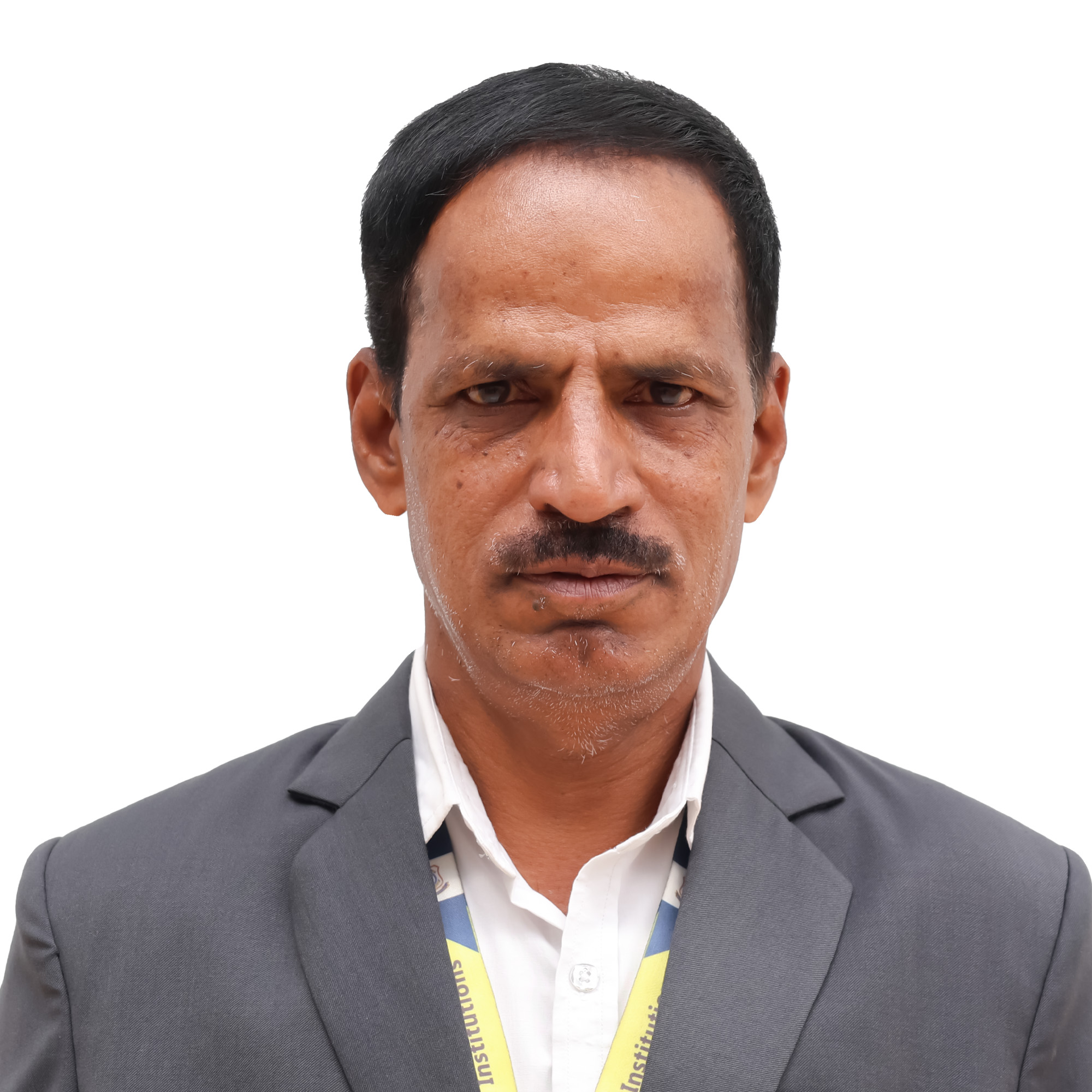
Name: Mr. Marulasiddappa T.R
Designation: Assistant Professor
Qualification: M.Sc. M.Phil
Teaching Experience: 29 Years

Name: Dr. Sumaiya Tabassum
Designation: Associate Professor
Qualification: B.Ed, M.Sc.(Organic Chemistry), M.Phil. Ph.D
Teaching Experience: 15 Years
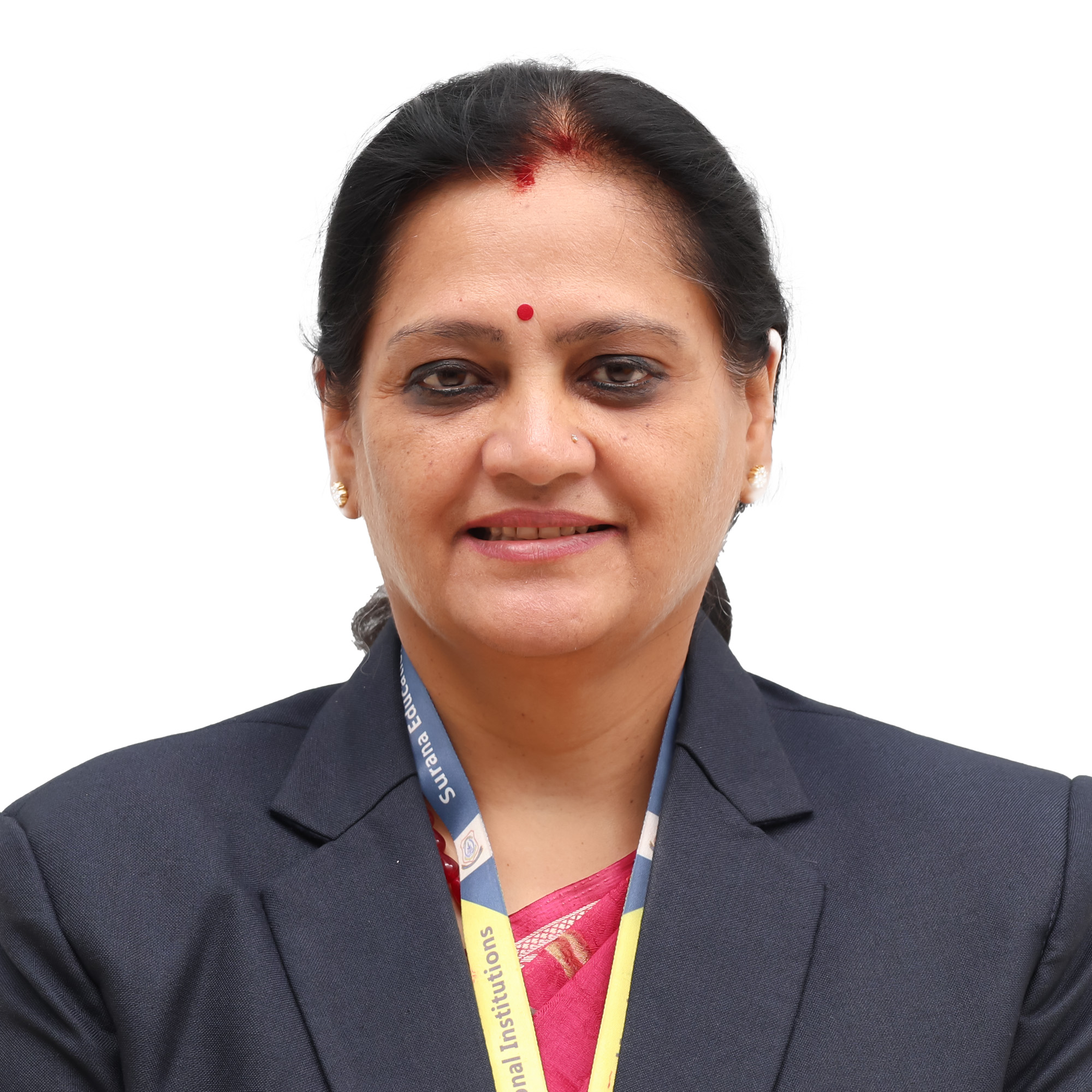
Name: Dr. Seethalaxmi Madhukar
Designation: Associate Professor
Qualification: M.Sc, M.Phil, Ph.D
Teaching Experience: 24 Years
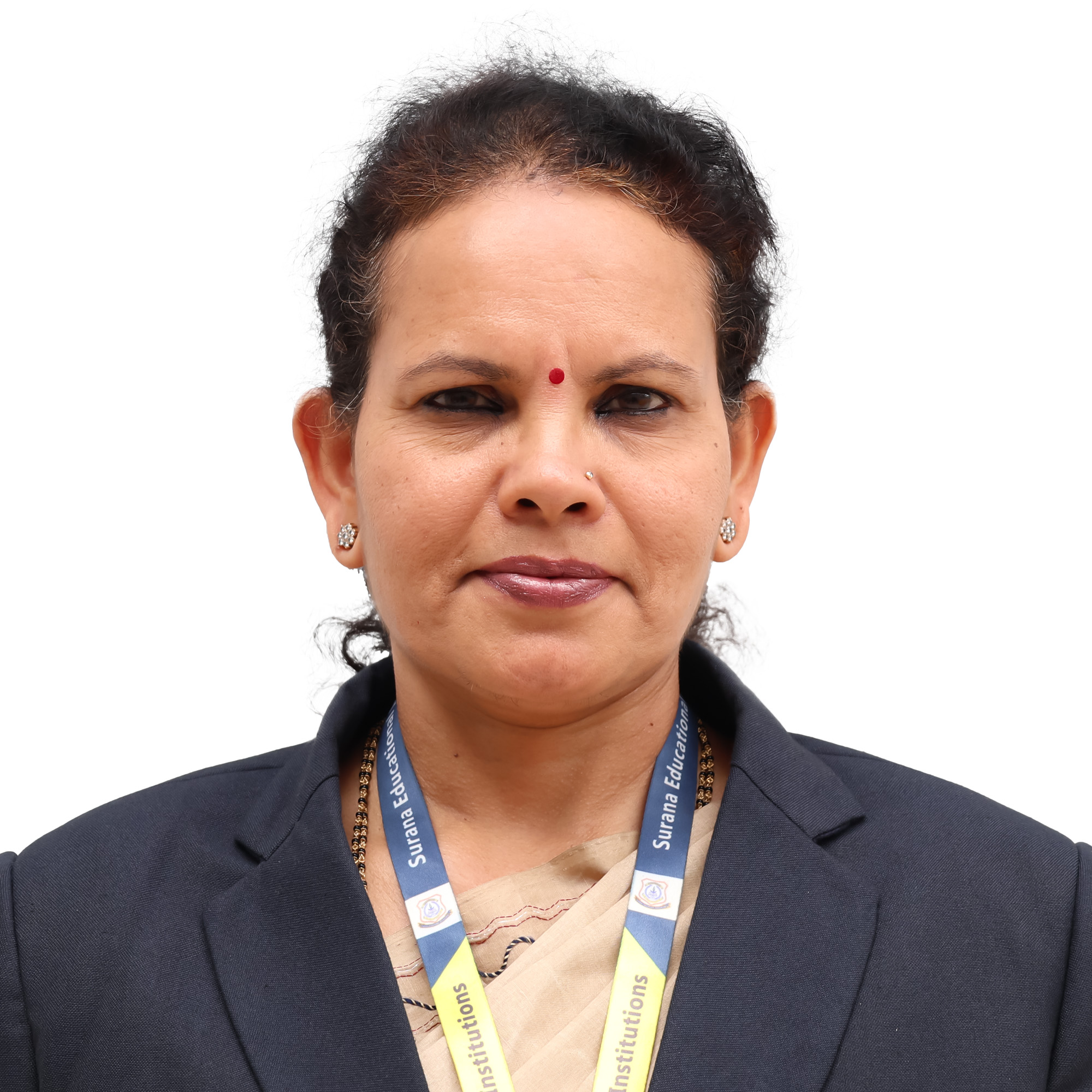
Name: Dr. Malini Shetty A G
Designation: Associate Professor
Qualification: M.Sc.Botany, Ph.D, UGC-NET
Teaching Experience: 15 Years
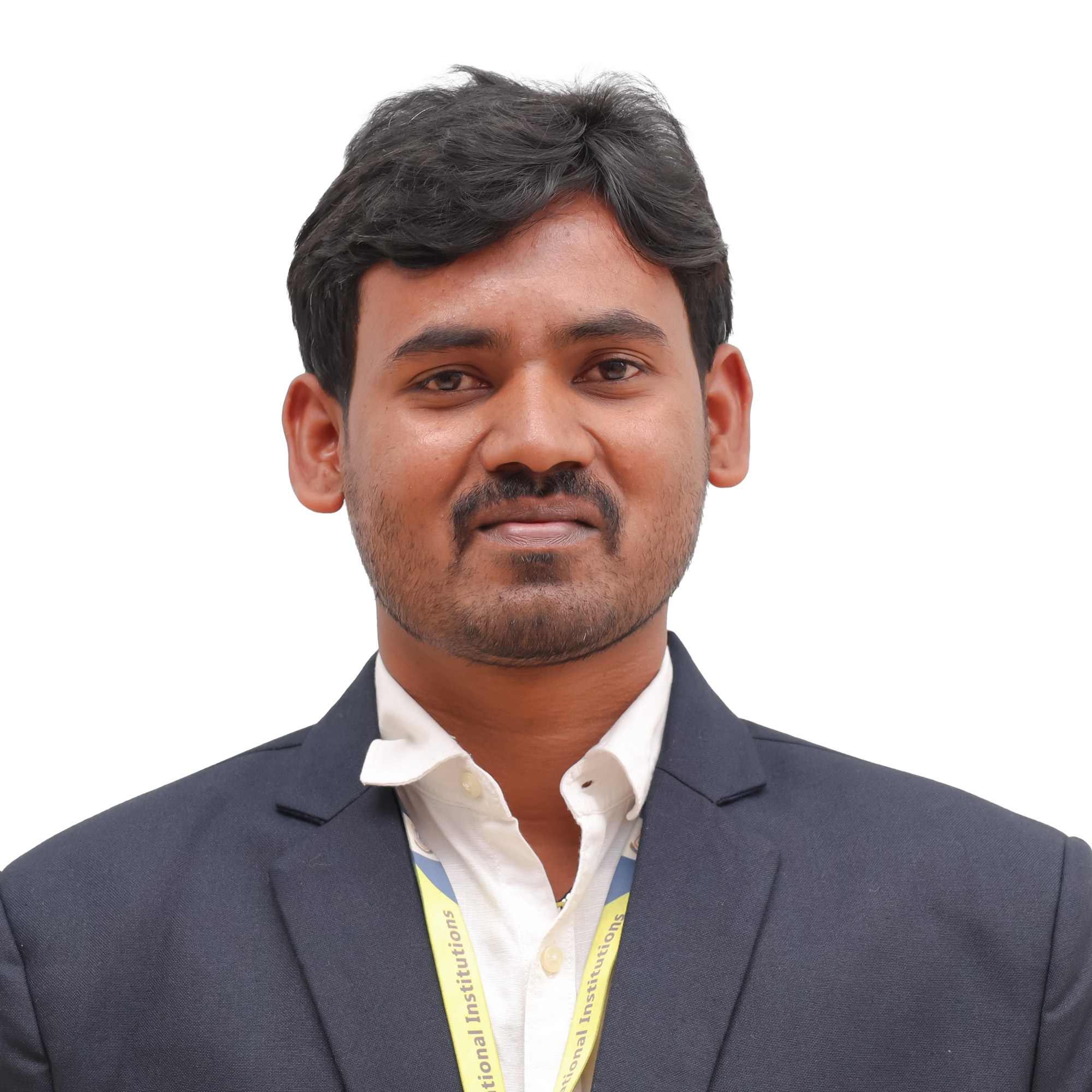
Name: Mr. Ashok H G
Designation: Assistant Professor
Qualification: M.Sc in Chemistry
Teaching Experience: 6 Years
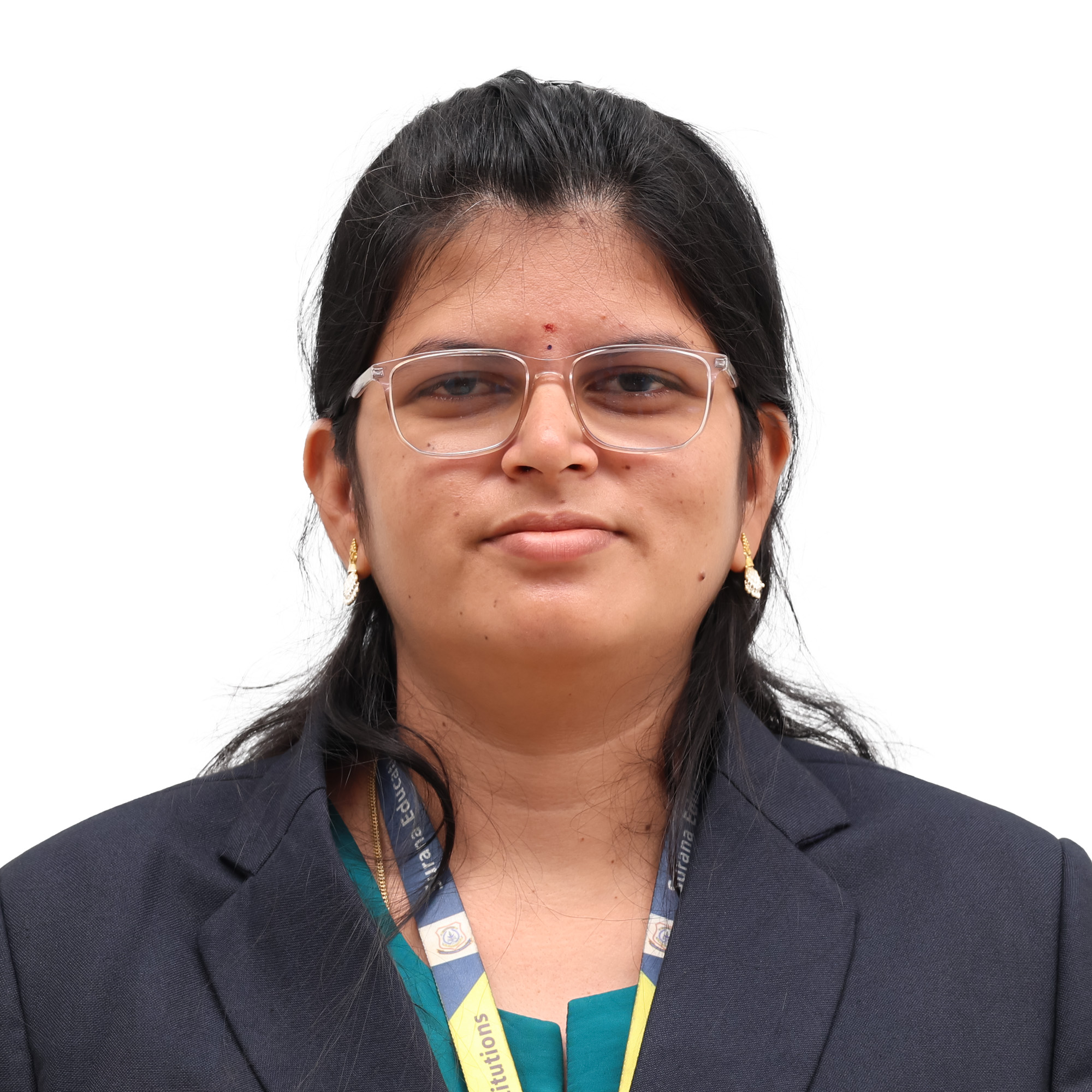
Name: Dr. Pooja R
Designation: M.Sc, Ph.D
Qualification: Assistant Professor
Teaching Experience: 3 Years
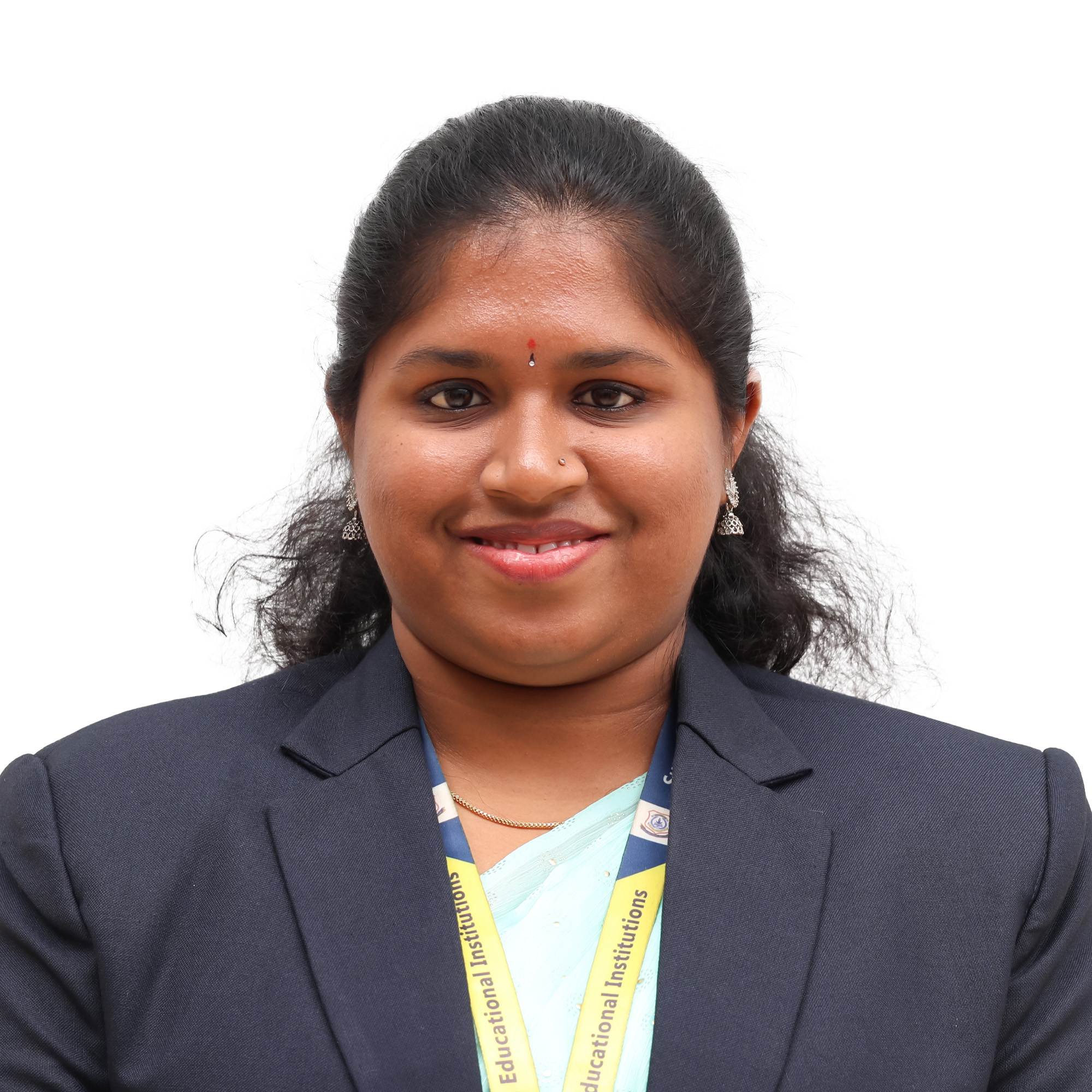
Name: Ms. Neha R
Designation: Assistant Professor
Qualification: M.Sc in Botany
Teaching Experience: 3 Years
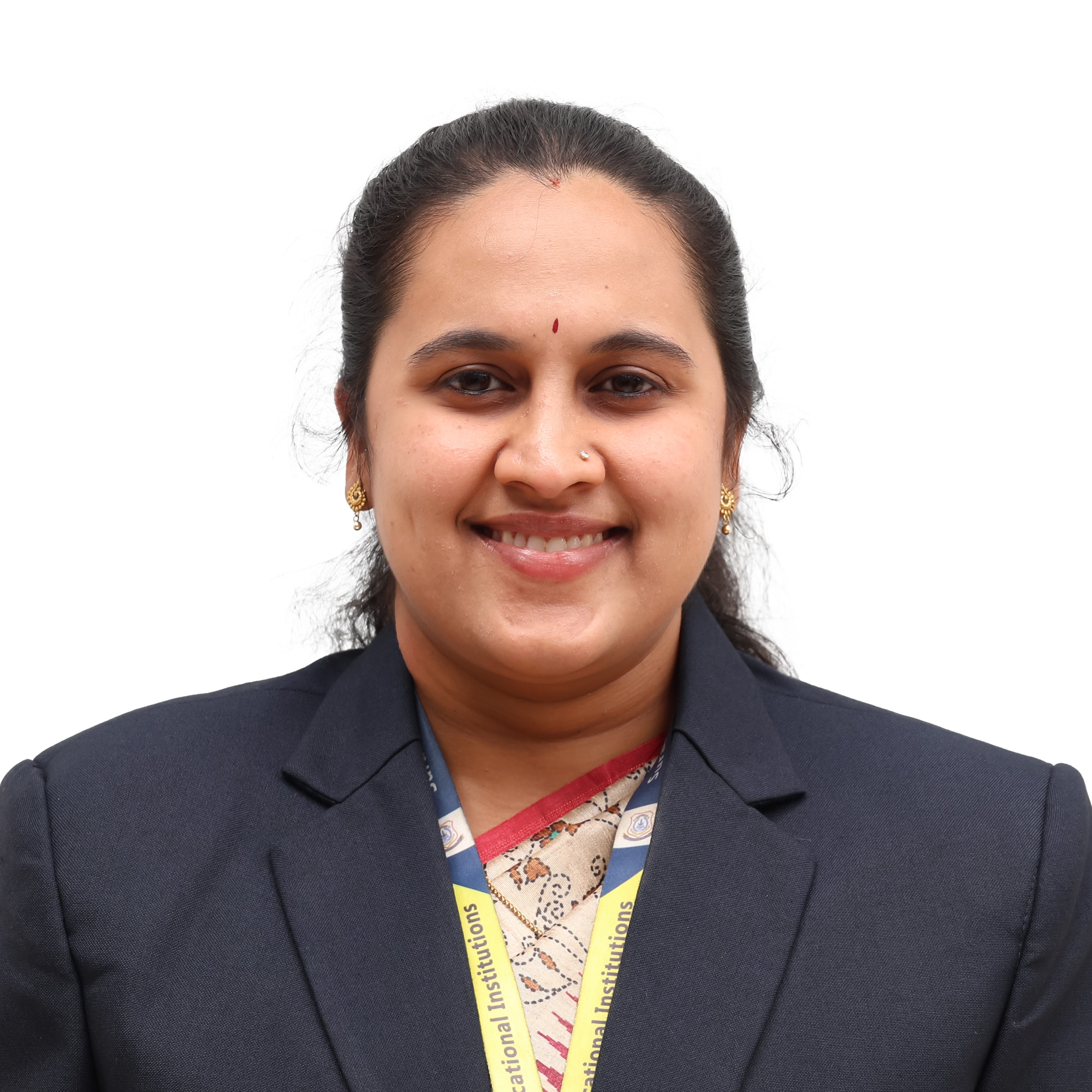
Name: Dr. Sompalli Bhavana
Designation: M.Sc, Ph.D
Qualification: Assistant Professor
Teaching Experience: 1 Year
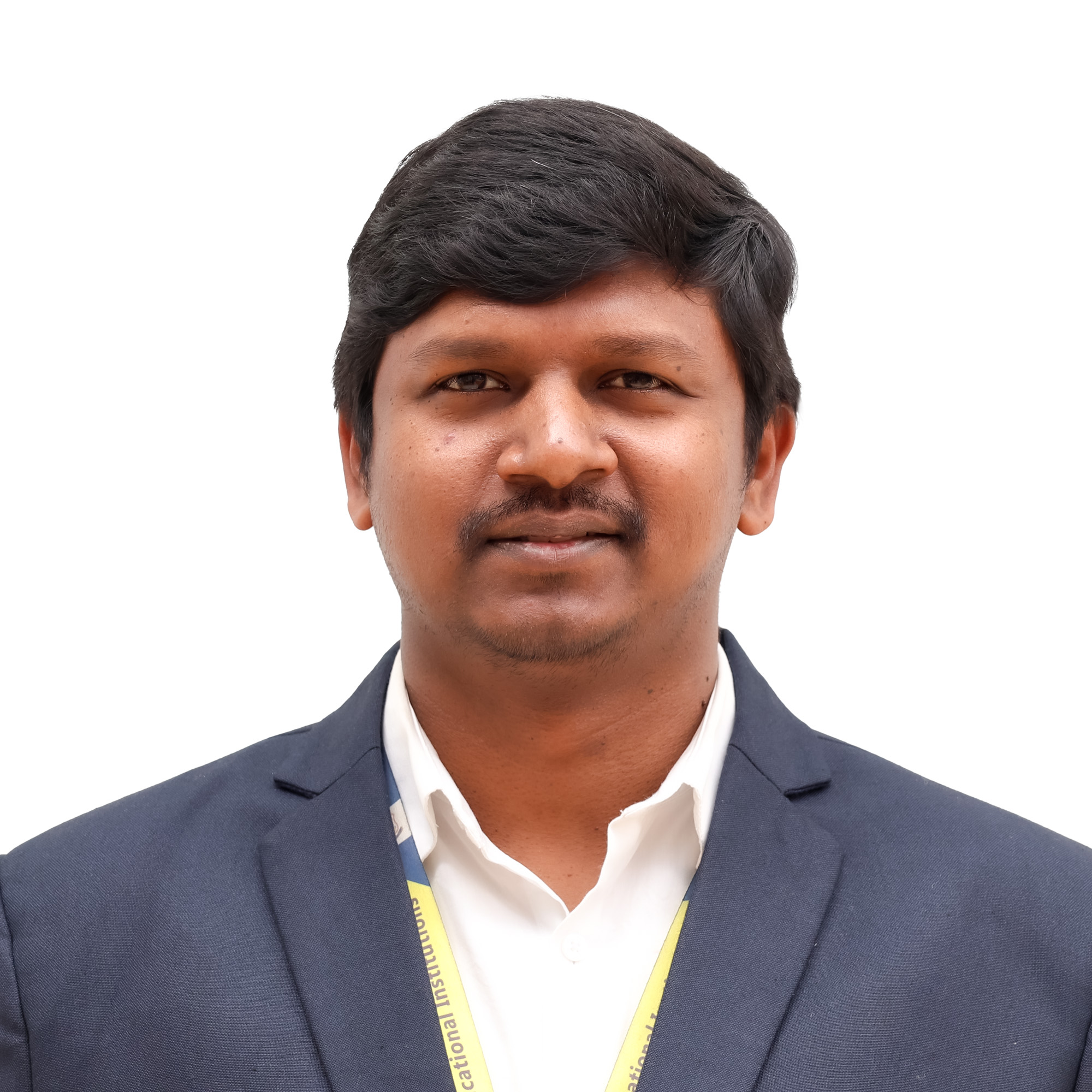
Name: Mr. Keshavan K
Designation: Assistant Professor
Qualification: M.Sc Mathematics
Teaching Experience: 11 Years
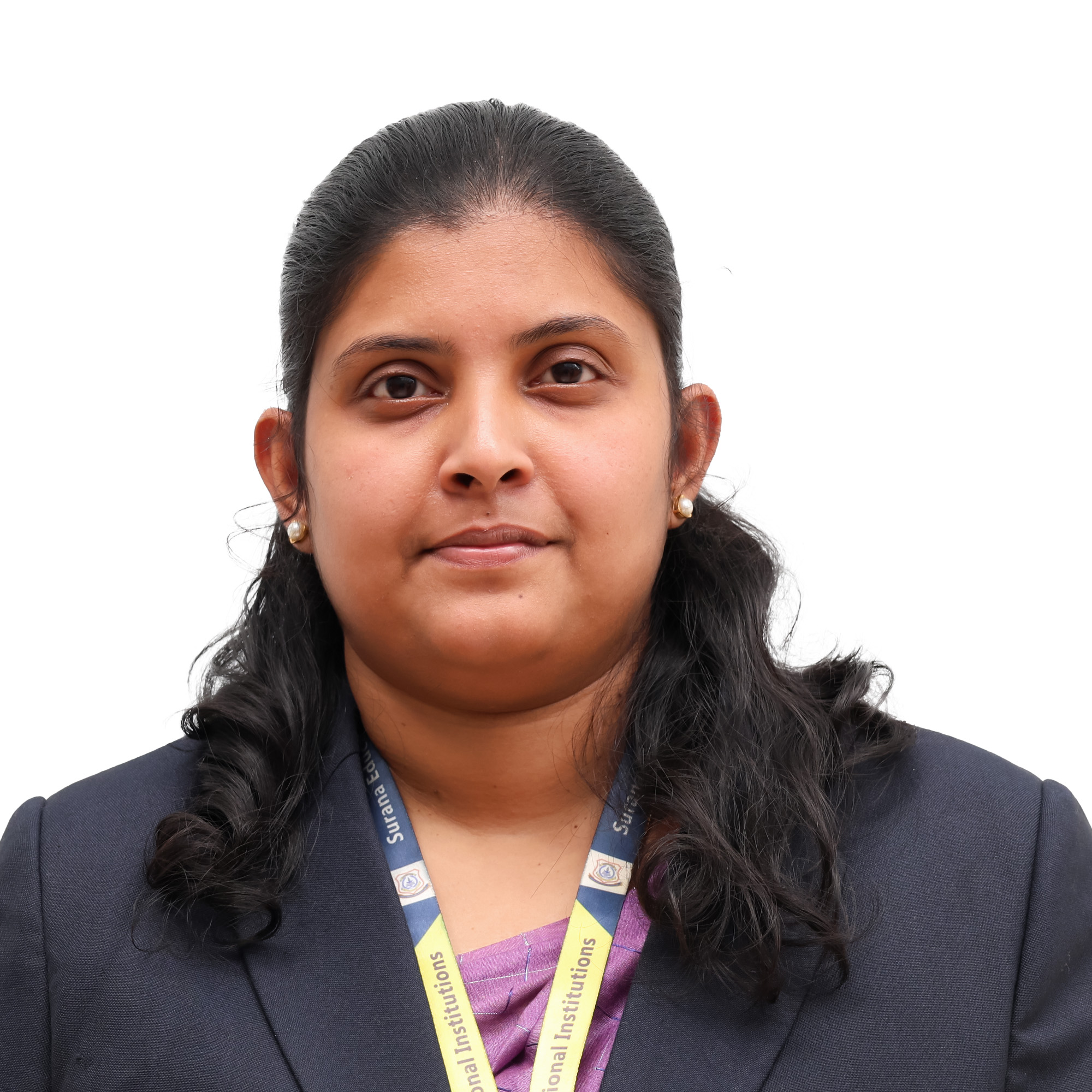
Name: Dr. Divya Dexlin X D
Designation: Assistant Professor
Qualification: M.Sc. Ph.D
Teaching Experience:1 Year
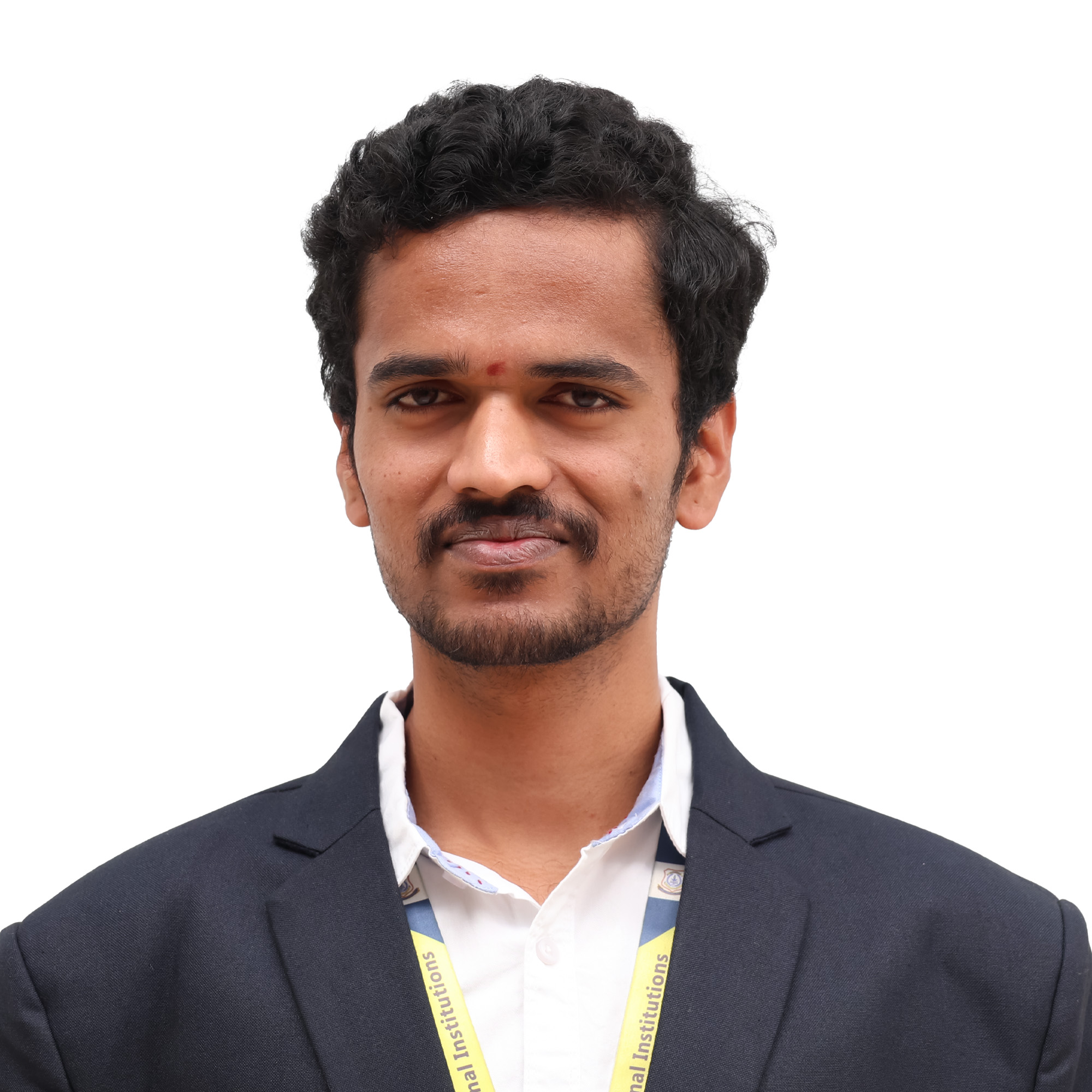
Name: Mr. Sumukha C S
Designation: Assistant Professor
Qualification: M.Sc
Teaching Experience: 1 Year
| Month & Year | Subjects |
| September 2024-2025 | Physics-2 (Kinetic Theory of Gases, Heat and Thermodynamics) |
| Mathematics-2 (Mathematics -2) |
| Computer Science-2 (Data Structures) |
| Physics-2 Practical (Kinetic Theory of Gases, Heat and Thermodynamics) |
| Mathematics-2 Practical |
| Computer Science-1 Practical (Data Structures) |
| Chemistry-2 |
| Botany-2 (Mycology, Plant Pathology, Bryophytes and Plant Anatomy) |
| Biotechnology-2 (Fundamentals of Microbiology) |
| Chemistry-2 Practical |
| Botany-2 Practical (Mycology, Plant Pathology, Bryophytes and Plant Anatomy) |
| Biotechnology-2 Practical (Fundamentals of Microbiology) |
EVEN SEMESTER 2024-25 II SEMESTER BSc PMCs
| SL.NO. | Course | HRS PER WEEK | NO. OF SECTIONS | TOTAL NO OF HRS |
| 1 | Language - I English | 4 | 2 | 08 |
| 2 | Language - II | 4 | 1 | 04 |
| 3 | Physics-2 (Kinetic Theory of Gases, Heat and Thermodynamics) | 4 | 1 | 04 |
| 4 | Mathematics-2 (Mathematics -2) | 4 | 1 | 04 |
| 5 | Computer Science-2 (Data Structures) | 4 | 1 | 04 |
| 6 | Physics-2 Practical (Kinetic Theory of Gases, Heat and Thermodynamics) | 2 | 2 batches | 03 |
| 7 | Mathematics-2 Practical | 2 | 2 batches | 03 |
| 8 | Computer Science-1 (Data Structures) Practical | 2 | 2 batches | 03 |
| 9 | Constitutional Values | 2 | 1 | 02 |
| TOTAL NO OF HOURS | 35 |
II SEM BSc CBBT
| SL.NO. | Course | HRS PER WEEK | NO. OF SECTIONS | TOTAL NO OF HRS |
| 1 | Language - I English | 4 | 2 | 08 |
| 2 | Language - II | 4 | 1 | 04 |
| 3 | Chemistry-2 | 4 | 1 | 04 |
| 4 | Botany-2 (Mycology, Plant Pathology, Bryophytes and Plant Anatomy) | 4 | 1 | 04 |
| | Biotechnology-2 (Fundamentals of Microbiology) | 4 | 1 | 04 |
| 6 | Chemistry-2 Practical | 3 | 2 batches | 06 |
| 7 | Botany-2 (Mycology, Plant Pathology, Bryophytes and Plant Anatomy) Practical | 3 | 2 batches | 06 |
| 8 | Biotechnology-2 (Fundamentals of Microbiology) Practical | 3 | 2 batches | 06 |
| 9 | Constitutional Values | 2 | 1 | 02 |
| TOTAL NO OF HOURS | 42 |
IV SEMESTER BSc PMCs
| SL.NO. | Course | HRS PER WEEK | NO. OF SECTIONS | TOTAL NO OF HRS |
| 1 | Language - I English | 4 | 1 | 04 |
| 2 | Language - II | 4 | 1 | 04 |
| 3 | OE | 2 | 1 | 02 |
| 4 | Physics-4 (Thermal Physics and Electronics) | 4 | 1 | 04 |
| 5 | Mathematics-4 (Partial Differential Equations and Integral Transforms) | 4 | 1 | 04 |
| 6 | Computer Science-4 (Operating Systems) | 4 | 1 | 04 |
| 7 | Physics-4 (Thermal Physics and Electronics) Practical | 4 | 1 | 04 |
| 8 | Mathematics-4 (Partial Differential Equations and Integral Transforms) Practical | 1 | 1 | 01 |
| 9 | Computer Science-4 Linux Practical | 3 | 1 | 03 |
| 10 | Artificial Intelligence | 2 | 1 | 02 |
| TOTAL NO OF HOURS | 35 |
IVth SEM BSc CBBT
| SL.NO. | Course | HRS PER WEEK | NO. OF SECTIONS | TOTAL NO OF HRS |
| 1 | Language - I English | 4 | 1 | 04 |
| 2 | Language - II | 4 | 1 | 04 |
| 3 | OE | 2 | 1 | 02 |
| 4 | Chemistry-4 (Inorganic & Physical chemistry-III) | 4 | 1 | 04 |
| 5 | Botany-4 (Ecology and Conservation Biology) | 4 | 1 | 04 |
| 6 | Biotechnology-4 (Molecular Biology and Bioinformatics) | 4 | 1 | 04 |
| 7 | Chemistry-4 (Inorganic & Physical chemistry-III) Practical | 4 | 2 batches | 08 |
| 8 | Botany-4 (Ecology and Conservation Biology) Practical | 4 | 2 batches | 08 |
| 9 | Biotechnology-4 (Molecular Biology) Practical | 4 | 2 batches | 08 |
| 10 | Artificial Intelligence | 2 | 1 | 02 |
| TOTAL NO OF HOURS | 48 |
VI SEMESTER
| SL. NO. | COURSE | HRS PER WEEK | NO. OF SECTIONS | TOTAL NO OF HRS |
| 1 | ELEMENTS OF CONDENSED MATTER PHYSICS, ASTROPHYSICS AND NUCLEAR RADIATIONS WITH MATTER | 4 | 1 | 4 |
| 2 | Linear Algebra and Calculus of Variation | 4 | 1 | 4 |
| 3 | Artificial Intelligence | 4 | 1 | 4 |
| 4 | ELECTRONICS, ELECTRODYNAMICS AND QUANTUM MECHANICS – II | 4 | 1 | 4 |
| 5 | Numerical Analysis | 4 | 1 | 4 |
| 6 | Computer Networks | 4 | 1 | 4 |
| 7 | ELEMENTS OF CONDENSED MATTER PHYSICS, ASTROPHYSICS AND NUCLEAR RADIATIONS WITH MATTER-Practical | 4 | 1 | 4 |
| 8 | Linear Algebra and Calculus of Variation-Practical | 3 | 1 | 3 |
| 9 | Artificial Intelligence-Practical | 3 | 1 | 3 |
| 10 | ELECTRONICS, ELECTRODYNAMICS AND QUANTUM MECHANICS – II-Practical | 3 | 1 | 3 |
| 11 | Numerical Analysis-Practical | 3 | 1 | 3 |
| 12 | Computer Networks-Practical | 3 | 1 | 3 |
| TOTAL NO OF HOURS | 43 |
VI SEMESTER
| SL. NO. | COURSE | HRS PER WEEK | NO. OF SECTIONS | TOTAL NO OF HRS |
| 1 | Organic & Physical chemistry-V | 4 | 1 | 4 |
| 2 | Cell and Molecular Biology | 4 | 1 | 4 |
| 3 | Bioprocess Technology | 4 | 1 | 4 |
| 4 | Inorganic Chemistry-V & Biological Chemistry-II | 4 | 1 | 4 |
| 5 | Plant Physiology and Plant Biochemistry | 4 | 1 | 4 |
| 6 | Immunology and Medical Biotechnology | 4 | 1 | 4 |
| 7 | Organic & Physical chemistry Practical-IV-Practical | 4 | 1 | 4 |
| 8 | Cell and Molecular Biology-Practical | 3 | 1 | 3 |
| 9 | Bioprocess Technology -Practical | 4 | 2 | 8 |
| 10 | Inorganic Chemistry Practical-IV & Biological Chemistry Practical-II-Practical | 3 | 2 | 6 |
| 11 | Plant Physiology and Plant Biochemistry-Practical | 4 | 2 | 8 |
| 12 | Immunology and Medical Biotechnology - Practical | 4 | 2 | 8 |
| 13 | Employability Skills | -- | -- | 0 |
| TOTAL NO OF HOURS | 52 |
![]() Diverse Course Combinations: Specializations in Biotechnology, Chemistry, Botany, Physics, Mathematics, and Computer Science.
Diverse Course Combinations: Specializations in Biotechnology, Chemistry, Botany, Physics, Mathematics, and Computer Science.![]() Cutting-Edge Infrastructure: Fully equipped laboratories, advanced instrumentation, and ICT-enabled classrooms.
Cutting-Edge Infrastructure: Fully equipped laboratories, advanced instrumentation, and ICT-enabled classrooms.![]() Research Opportunities: Faculty-guided research projects, student fellowships, and opportunities to publish in reputed journals.
Research Opportunities: Faculty-guided research projects, student fellowships, and opportunities to publish in reputed journals.![]() Skill Development: Value-added courses, skill-based training, and competitive exam preparation.
Skill Development: Value-added courses, skill-based training, and competitive exam preparation.![]() Real-World Exposure:Internships, immersion programs, and participation in technical and non-technical events.
Real-World Exposure:Internships, immersion programs, and participation in technical and non-technical events.![]() Expert Faculty: Dedicated mentors with extensive academic and industry experience.
Expert Faculty: Dedicated mentors with extensive academic and industry experience.

![]() To provide an in-depth knowledge with practical applications through theoretical session blended with hands-on experiments.
To provide an in-depth knowledge with practical applications through theoretical session blended with hands-on experiments.![]() To enhance the skills of participants to make them well equipped with the current state-of-the arttechnologies.
To enhance the skills of participants to make them well equipped with the current state-of-the arttechnologies.![]() To provide thorough application oriented and problem-based learning with real life examples.
To provide thorough application oriented and problem-based learning with real life examples.![]() To equip the faculty to make utmost competent to capture the knowledge urge of modern-day students.
To equip the faculty to make utmost competent to capture the knowledge urge of modern-day students.![]() Undergraduate Students
Undergraduate Students![]() Post Graduate Students.
Post Graduate Students.![]() Research Scholars
Research Scholars![]() Teachers/Faculties from Engineering Schools/Colleges
Teachers/Faculties from Engineering Schools/Colleges![]() Industry Enthusiasts
Industry Enthusiasts![]() Introduction to AI and ML
Introduction to AI and ML![]() Relation Between AI, AL, BigData
Relation Between AI, AL, BigData![]() Types of ML
Types of ML![]() Types of AI approaches towards Disease Diagnosis
Types of AI approaches towards Disease Diagnosis![]() Application of AI in Healthcare
Application of AI in Healthcare![]() Introduction to Data and BigData
Introduction to Data and BigData![]() Types of Data, Characteristics of Data
Types of Data, Characteristics of Data![]() Introduction of NLP
Introduction of NLP![]() Types and Application on NLP
Types and Application on NLP![]() Introduction to Analytics.
Introduction to Analytics.![]() Stages of Analytics
Stages of Analytics![]() Contribution of Analytics in Healthcare
Contribution of Analytics in Healthcare![]() Approach’s towards making of ML models
Approach’s towards making of ML models![]() Interpretation or accuracy of the Model
Interpretation or accuracy of the Model![]() Introduction to Clinical Research
Introduction to Clinical Research![]() Stages of Clinical Research
Stages of Clinical Research![]() Contribution of AI and ML in Clinical Field
Contribution of AI and ML in Clinical Field![]() What is Integrated Approach
What is Integrated Approach![]() Its involvement and importance in Hospital Management
Its involvement and importance in Hospital Management![]() Posing questions and defining problems
Posing questions and defining problems![]() Designing investigations
Designing investigations![]() Conducting experiments and testing solutions 1.4 Analyzing and interpreting data
Conducting experiments and testing solutions 1.4 Analyzing and interpreting data![]() Communicating, evaluating and defending ideas with evidence
Communicating, evaluating and defending ideas with evidence![]() Making informed decisions and taking responsible actions
Making informed decisions and taking responsible actions![]() Using and developing models
Using and developing models![]() Constructing explanations and designing solutions
Constructing explanations and designing solutions.png)












